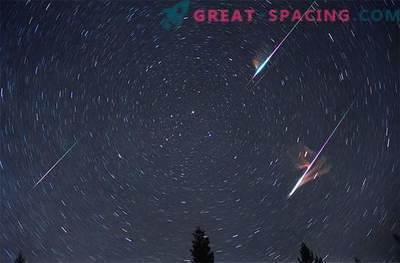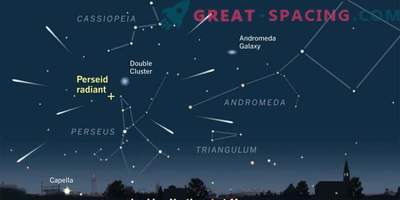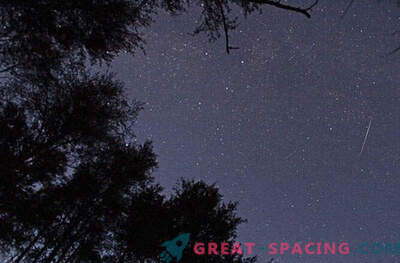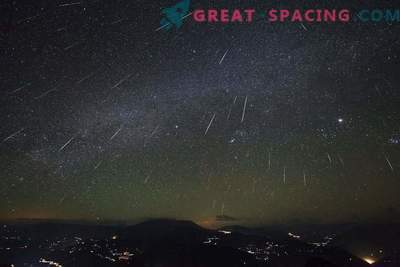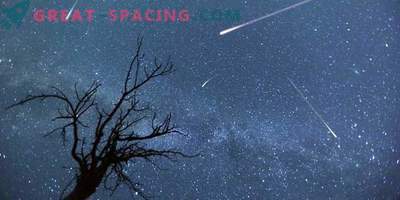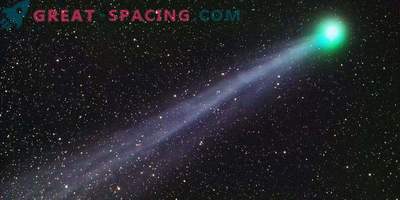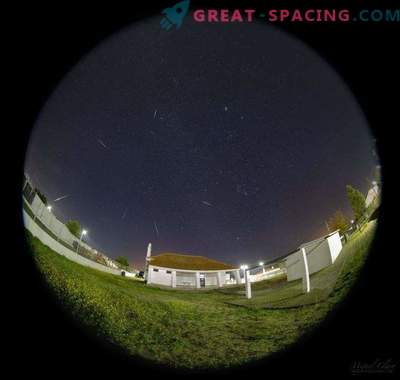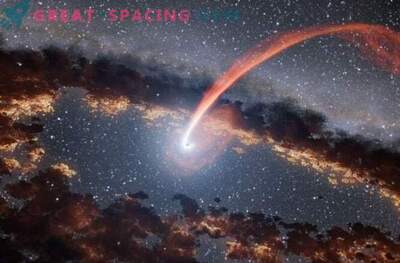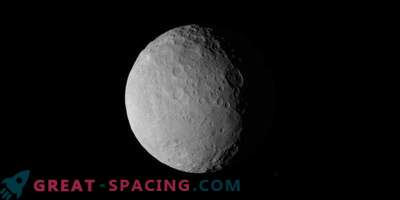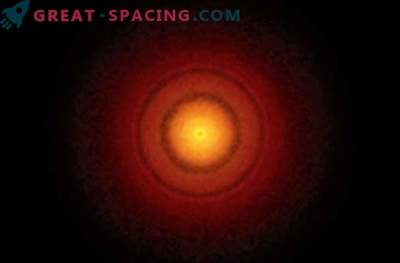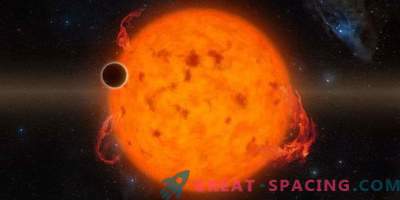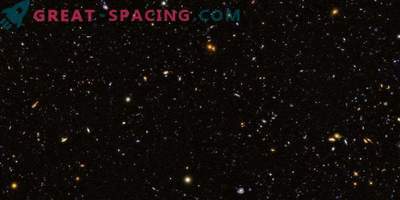
The annual meteor shower, which is the most powerful and famous meteor shower, will reach its peak this week. He will give lovers of the night sky an unforgettable and dazzling light show.
During this period there will be a young moon in the sky, which will allow observers in the maximum darkness to enjoy the meteor shower. The light show will reach its peak on the night of 12 and 13 August. To view you do not need any additional equipment, only a glade, a chair and eyes.
Perseids will be visible throughout the Northern Hemisphere. For a great chance to see meteors, you will need to choose a darker place, as far as possible from the city lights. Meteors come from the constellation Perseus, for this reason they are called Perseids. The largest Perseids will leave a mark in the sky that will be visible up to one minute. As a rule, the size of these particles is several millimeters and very rarely it reaches centimeters.
It is quite difficult to predict meteor showers, but astronomers at the Royal Astronomical Society believe that there will be at least one meteor every few minutes. NASA predicts about one hundred meteors per hour in 2015. The French astronomer of the Royal Astronomical Society, Jeremy Wabiona, announced that at 2:40 pm EST (6:40 pm GMT) a short-term explosion may occur, but it will not be visible in North America, as the daytime sky is too bright.
Meteor shower occurs when an asteroid or comet breaks up into many small particles, due to a collision with the earth. Perseids arise from the tail of comet Swift-Tuttle (the last time she “visited” the Earth in 1992).
Even if the sky on these nights turns out to be cloudy, there is still a possibility to see several Perseids, for this you should choose a less cloudy night from August 17 to 24, however the frequency of meteors will be much lower than at its peak. Meteor showers on Earth occur several times a year, the next large-scale meteor shower will occur in November, which is called Leonid.
